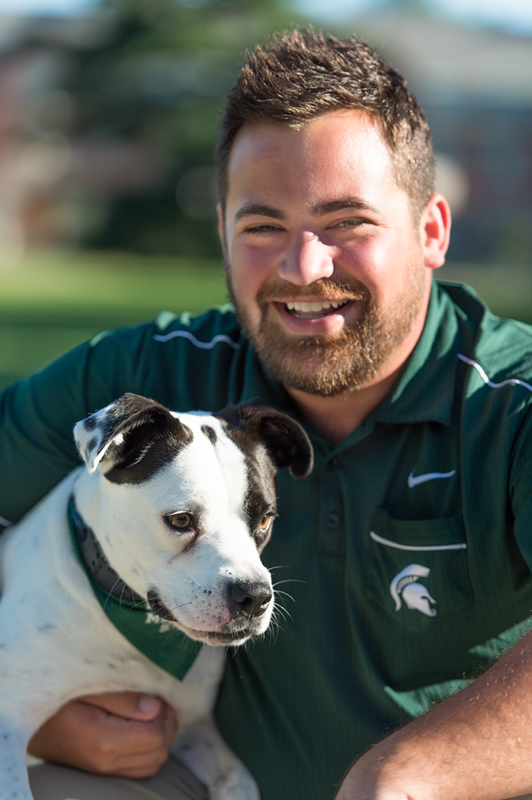Fall, 2015

Although Suzanne Bosek was happy to finish her treatment for breast cancer, she felt unexpectedly sad and lost when the daily connection she'd had with her medical team came to an end. In addition, she had a persistent fear of her cancer coming back.
Elena Stoffel, M.D., director of cancer genetics at the U-M Rogel Cancer Center answers questions about colon cancer and genetic risk.
Marcus Calverley was diagnosed with Hodgkin’s disease in August 2014. He coped with this diagnosis by creating a blog to record his thoughts and experiences.
We asked Larry An, M.D., director of the Center for Health Communications Research at the University of Michigan, to help us understand how IT improves cancer care. The center includes behavioral scientists, health counselors, and software and media professionals who, in partnership with doctors and researchers from across the university, develop and test ways to help people access information and make more informed health decisions.
Kevin Myers was born with a genetic predisposition to colon cancer. His condition, Familial Adenomatous Polyposis or FAP, is one of a number of inherited colon cancer syndromes,
including Lynch Syndrome and MYH-associated polyposis (MAP).
From insomnia to appetite changes to diarrhea and nausea, stress has a destructive effect on cancer patients. While symptoms of stress may call for specific treatment, the best approach is to get to the source of the stress. It's important for patients -- and in some cases their caregivers -- to develop a stress management practice at any point before, during or after treatment.
While you may already be familiar with the lifesaving work within the walls of the Cancer Center, you may not be aware of our active presence in the community. Through our Community Outreach Program, faculty, staff and volunteers share the latest information and answer questions about cancer and what can be done to prevent it.
To treat flu, your doctor may prescribe an antiviral medication. Antiviral medications can make symptoms less severe and shorten the length of time that you are sick with
the flu. Three antiviral medications are available to treat the flu, each with slightly different common side effects.
Cigarette smoking is the No. 1 risk factor for lung cancer, but it also increases the risk of many other cancers throughout the body, as well as heart disease and diabetes. If the fear of weight gain is holding you back from quitting, fear no more. The following strategies will help control weight gain and potentially increase your success.
